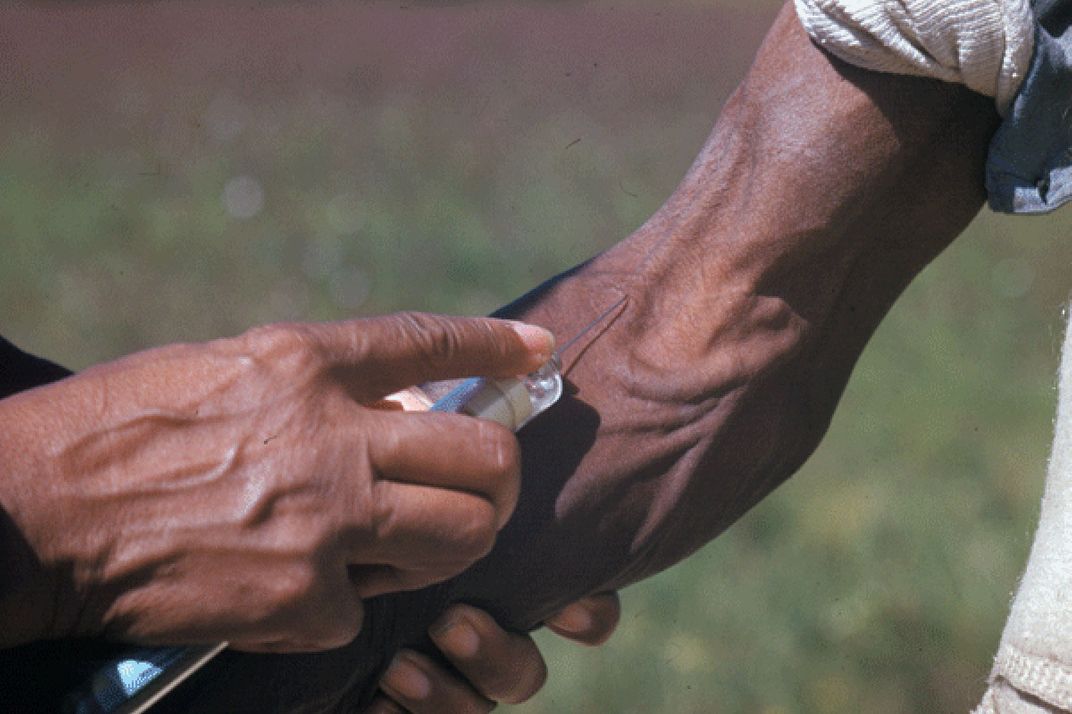An excerpt from the New York Magazine: Science of Us as seen on Vox -
The Tuskegee Experiment Kept Killing Black People Decades After It Ended

As Science of Us has noted before, trust in the medical establishment is really, really important. It’s important both because the medical Establishment (usually) makes a good-faith effort to provide people with solid, empirically supported health information in a manner that hucksters don’t, but also for a simpler reason: If people don’t trust doctors, they won’t go in for checkups or for care when they need it.
For a particularly grim example, take the Tuskegee experiment. That’s the subject of a recently published National Bureau of Economic Research working paper by Marcella Alsan, a public-health researcher at Stanford, and Marianne Wanamaker, a University of Tennessee economist. They summarize this “unethical and deadly experiment,” which they call “one of the most egregious examples of medical exploitation in U.S. history,”thusly:
For 40 years, between 1932 and 1972, the U.S. Public Health Service (PHS) followed hundreds of poor, black men in Tuskegee Alabama, the majority of whom had syphilis, for the stated purpose of understanding the natural history of the disease. The men were denied highly effective treatment for their condition (most egregiously, penicillin, which became standard of care by the mid-1940s) and were actively discouraged from seeking medical advice from practitioners outside the study. Participants were subjected to blood draws, spinal taps, and, eventually, autopsies, by the study’s primarily white medical staff. Survivors later reported that study doctors diagnosed them with “bad blood” for which they believed they were being treated. Compensation for participation included hot meals, the guise of treatment, and burial payments. News of the Tuskegee study became public in 1972 in an exposé by Jean Heller of the Associated Press, and detailed narratives of the deception and its relationship to the medical establishment were widespread. By that point, the majority of the study’s victims were deceased, many from syphilis-related causes. [citations removed, but you can find them in the text itself]
Since the experiment, the authors point out, various public-health researchers have noticed that when they interview African-Americans about their views on the health system, they will often bring up Tuskegee unprompted — it left a deep scar on the country, yes, but on this population in particular. Why should you trust doctors, and particularly white doctors, when the government can allow something this awful to happen?










